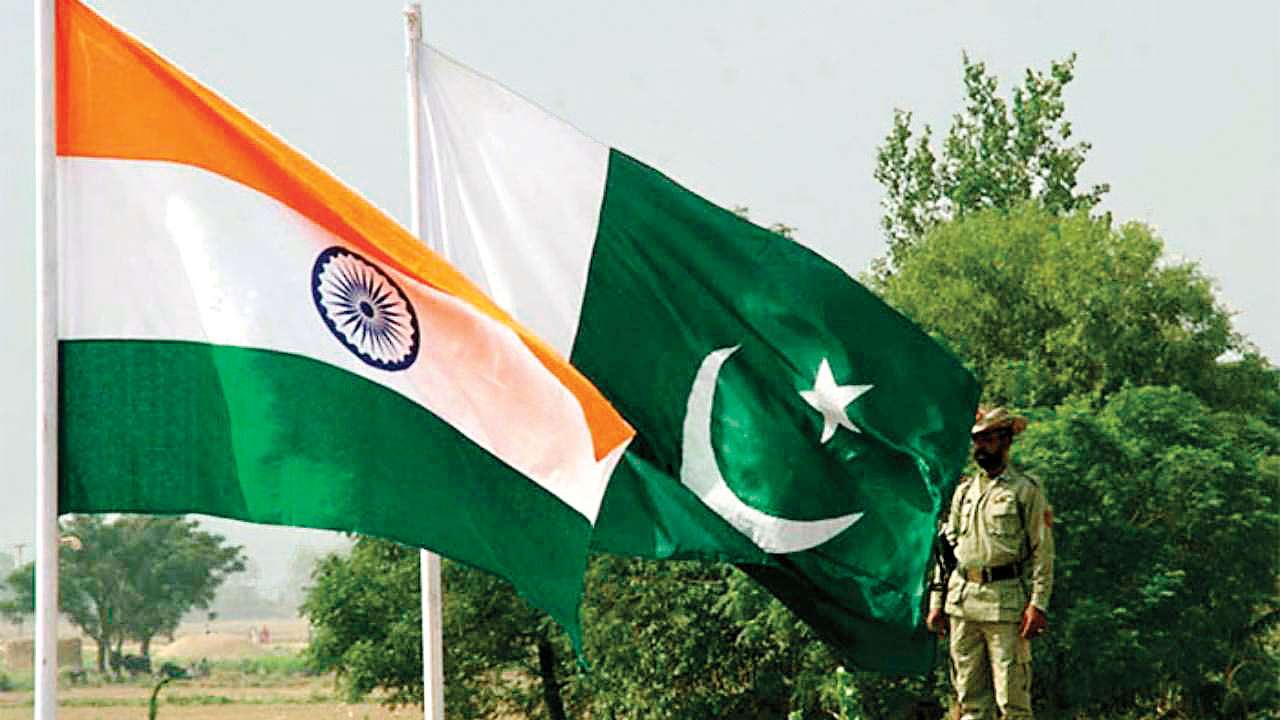
To call the situation between India and Pakistan just short of a declared war would be to put things in perspective. Last week, Pakistani aggression acquired a new hue when an Indian fishing boat was fired at and later sunk by the Pakistani Maritime Security Agency (PMSA).
This one single act breaks new ground in the already acrimonious relationship between the two estranged neighbours. While six fishermen managed to swim to safety, one is missing. The firing reflects two things; one, that the Pakistani security establishment and its spy agency, ISI, are quite prepared to up the ante and hatch new plans to terrorise Indians living in border areas, whether via land or sea.
To demonstrate to them that the Indian state cannot protect them, is a desperate attempt at driving holes into the India story. It is a vile effort to prove that notwithstanding India’s rapid economic gains, the security apparatus remains lax and hence any claim to greatness can easily be punctured.
Two, the attack on fishermen is a blatant contravention of international protocol and traditional practices followed between two countries. The Freedom-of-the seas doctrine is a seventeenth-century principle, which essentially limits national jurisdiction over the ocean to a narrow belt of sea — about 12 miles — from the country’s coastline.
It is a principle that is well accepted by all civilised countries, worldwide. The doctrine also contains a conflict resolution mechanism, should things go out of hand. But to expect Pakistan to play by international rules, would be to get too ambitious.
The convention regarding poor fishermen from both the countries is that if they stray out into each other’s territory, which can be commonplace in the high seas, there is a formal arrest and then release after their security credentials have been established.
It has been the accepted practice on both sides. Now by suddenly launching a deadly attack against what was an unarmed civilian fishing vessel, Pakistan has shown scant regard for international law. It now makes it incumbent upon the Indian side to do the same.
If India does not retaliate, it would be perceived as a sign of weakness, which could, in turn, prompt similar attacks. If it does hit back, then it raises the spectre of added confrontation. It certainly puts this country in a Catch-22 situation, which was Pakistan’s original aim.
Such escapades even put back channel and track two diplomats in a quandary. As reported in this paper, a leading member of the Pak-India Peace Forum and Democracy, a well meaning NGO committed to improving ties between the two countries, was quoted as saying that “such things did not even take place during the Kargil war.”
By all accounts, this is not the first time that such an incident has taken place. A few months ago, the PMSA had fired upon a fishing boat while another fishing vessel was robbed. All this, of course, reinforces India’s dire need to ramp up coastal security. This country has been attacked from the sea and it would be unsafe to overlook it.